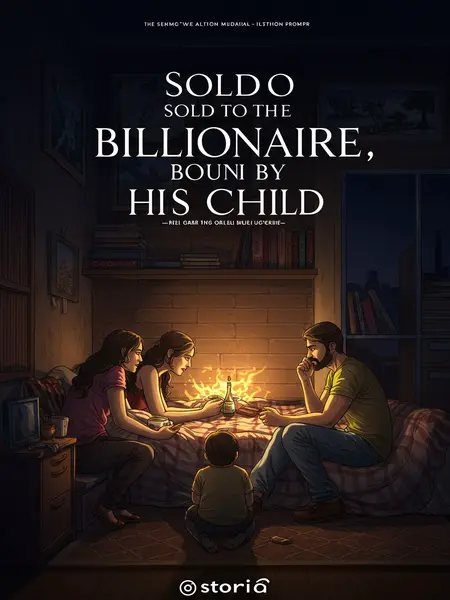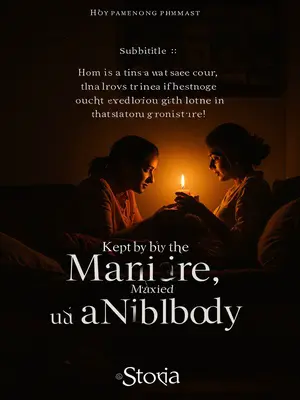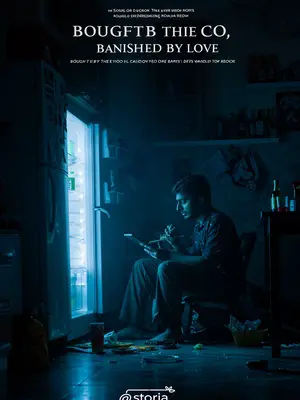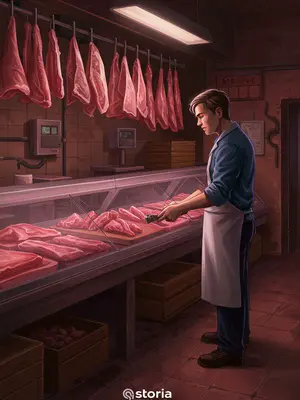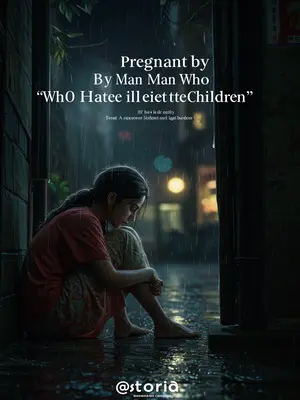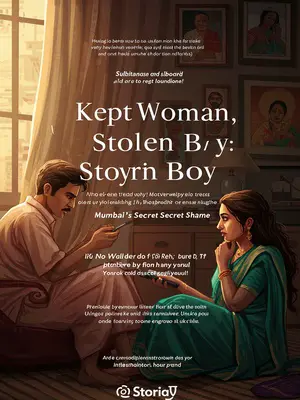Chapter 5: A New Life, An Old Face
In three years, I’d thought of leaving countless times. But when the moment came, I moved on instinct—quick, silent, determined. I packed my bags with trembling hands, barely daring to breathe.
Aside from documents and a few personal things, I took nothing else. Arjun had been generous, and I’d saved enough to live quietly. I packed Amma’s photo, my certificates, and a couple of Ananya’s toys. I told Aunty Radha I was visiting my mother, so no dinner needed. The driver wanted to take me, but I refused.
The taxi sped past Malhotra Group headquarters and my college. At a red light, I saw Arjun’s Audi. I glanced inside—Riya leaning on his shoulder, laughing. I looked away, a wave of bitterness washing over me. I repeated to myself: Riya was back, my departure was best for all.
At the airport, Arjun called. For three years, I’d always answered immediately. Today, I let it ring, then turned off my phone and removed the SIM. My hands shook as I slipped it into my purse. For once, I was free. Arjun was too proud to call again. The smell of duty-free perfumes mixed with my tears as the city lights flickered below. Goodbye, Mumbai. Goodbye, Arjun.
A few months later, I gave birth to a daughter. I named her Ananya—hoping for a peaceful, safe life. Her birth was quiet, secret. No visitors, just me, my baby, and a nurse from Kerala who said, “She’s a lucky child, madam.”
Ananya was wise for her age. During my confinement, I developed mastitis and had to wean her early, but she rarely fussed. At two, she had a fever for days. At night, as I cried, she pressed her tiny palm to my cheek, just like Amma used to do. “Mummy, don’t cry, don’t cry…”
Looking at her sleeping face, I felt grateful I’d kept her. Our little home filled with laughter and baby powder. I learnt to find joy in small things—her first steps, her scribbled drawings, her silly songs.
Raising her kept me busy, and time flew. She picked up Marathi from neighbourhood kids, and I found her a good preschool.
After much thought, I returned to India. Western food was hard, and life abroad felt rootless. I wanted Ananya to know mangoes, Ganpati processions, the feeling of belonging.
I worried Arjun might try to take her. But surely, by now, he’d married Riya and moved on. Mumbai is so big—I could disappear.
I bought a second-hand flat in a good school district. The old owner’s décor was cosy, so we moved in easily. Ananya picked yellow curtains. I also rented a flower shop nearby—wedged between a beauty parlour and a paanwala, who’d call out, ‘Didi, chai?’ as I arranged the roses. Ananya played behind the counter, making petal patterns.
One weekend, a last-minute order came—expensive bouquet, urgent delivery. No delivery app picked it up. I decided to go myself, touching the black thread on my wrist, praying he wouldn’t recognise me.
The address was in a posh villa colony. The taxi ride was long. My hands clutched the bouquet, nerves jangling. After much effort, I arrived, rang the bell a long time, and was about to call when the door opened.
Arjun stood before me. Four years had passed. He looked thinner, more mature, more cold. His eyes swept over me, not recognising me behind my mask.
“Who are you looking for?”
I ducked my head. “Hello, your flowers.”
I handed him the gift box, praying he wouldn’t look too closely. He just glanced, took the flowers, and shut the door. I breathed relief and turned to leave. The taxi’s horn blared, a vendor shouted for ‘anda bhurji,’ and I pressed my forehead to the glass, willing myself not to cry.
Suddenly, he called out, “Wait a minute.” His voice froze me in place. I turned, bouquet trembling in my hand, as the past threatened to crash back into my carefully built new life.
